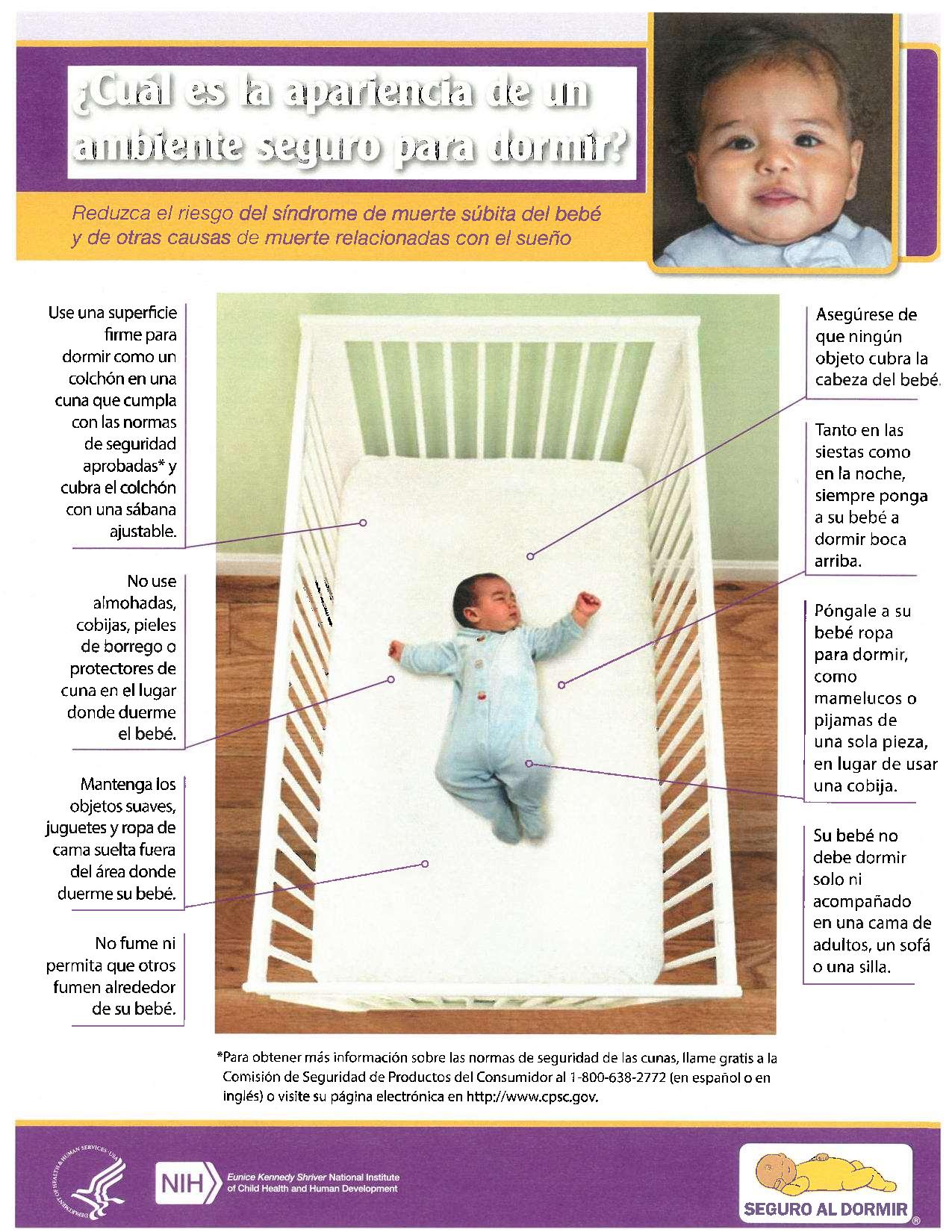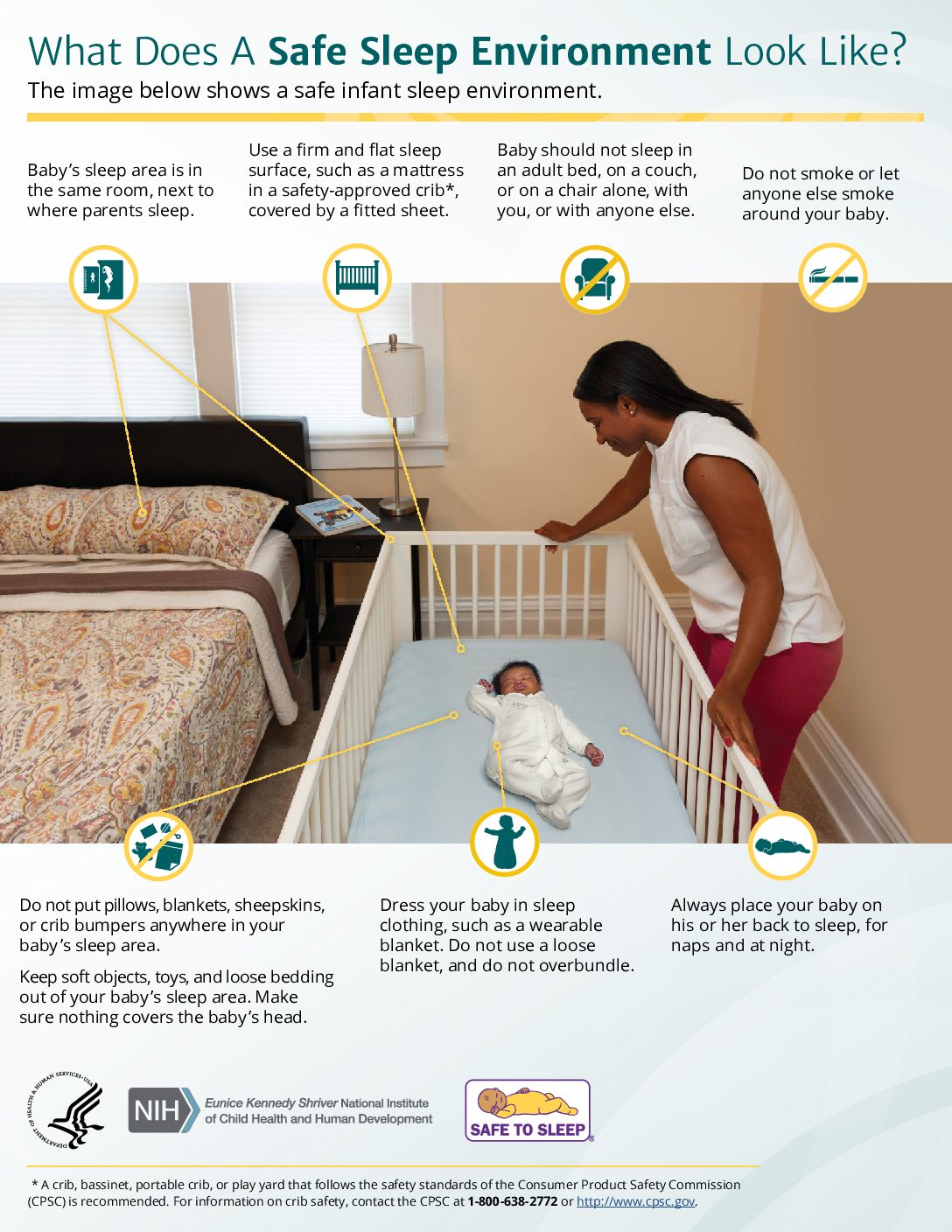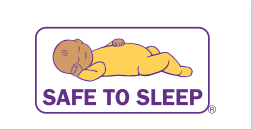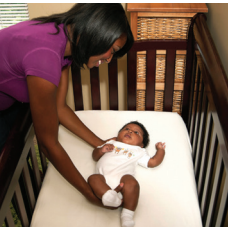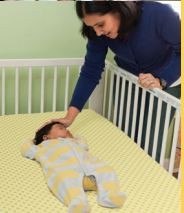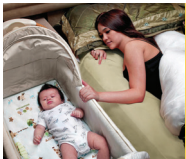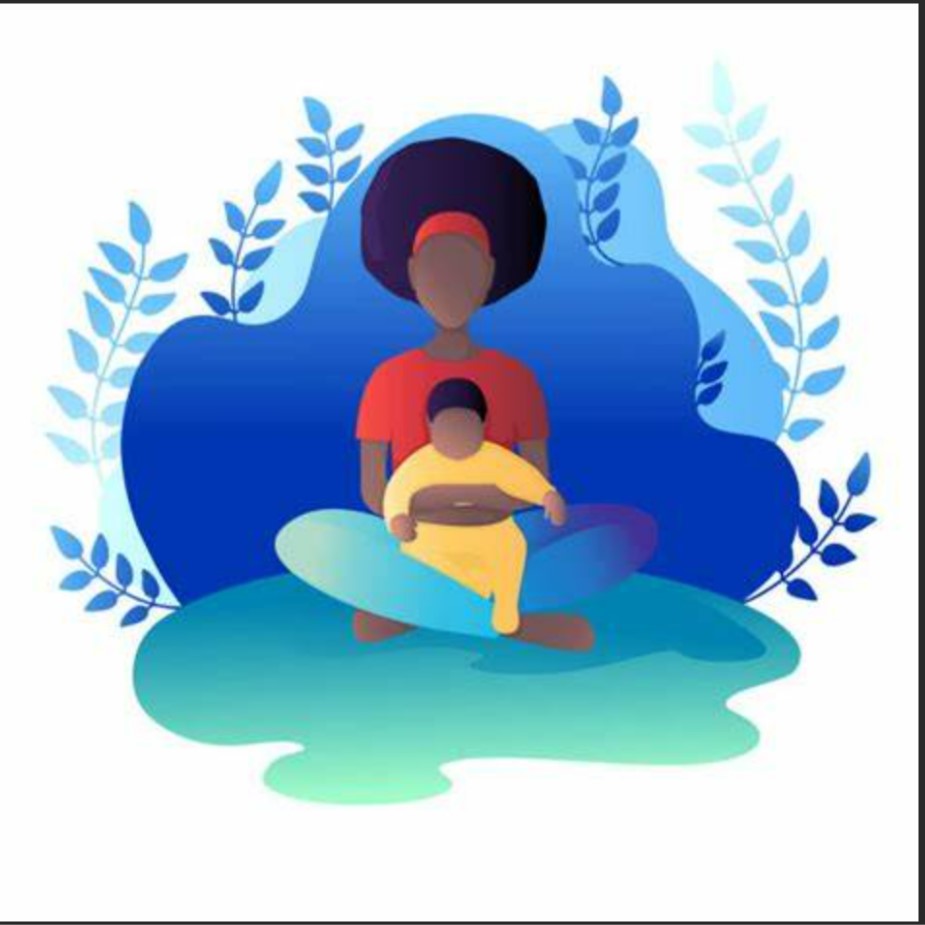
Knowing some facts about safe sleeping for infants lowers the risk of SIDS and other sleep related infant causes of death. See below for some tips.
What does a Safe Sleep Environment look like?
The infant’s sleep area has no bumpers, pillows, blankets, or toys and is in the same room where the parents sleep
What is SIDS?
SIDS is the sudden, unexpected death – that doesn’t have a known cause even after a full investigation – of a baby between 1 month and 1 year of age.
Fast Facts about SIDS
SIDS is the leading cause of death among babies 2 month to 1 year of age
Most SIDS deaths happen when babies are between 1 month and 4 months of age
Babies sleep safest on their backs.
Babies who sleep on their backs are mush less likely to dies of SIDS than babies who sleep on their stomachs or sides.
Every sleep time counts.
Babies should sleep on their backs for naps and at night. Babies who are used to sleeping on their backs but who are placed on their stomachs, like for a nap, are at very high risk for SIDS.
Sleep surfaces and sleep environment matter.
Babies who sleep on a sof surface, such as an adult mattress, or under a soft covering, such as a soft blanket or quilt, are more likely to die of SIDS or suffocation. These deaths also are more likely when soft objects, toys, and blankets are in the baby’s sleep area.

